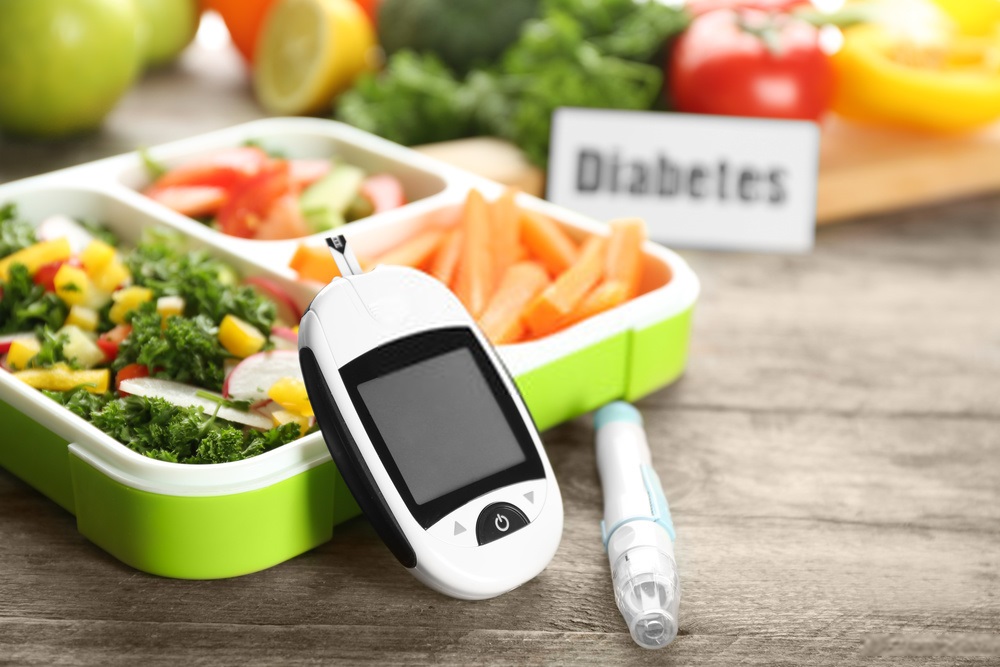Winter can be a tough time for caring for your body and physical wellbeing. With all the holidays and events, it might get challenging to cut down on the junk you eat and make up for the lack of exercise. If you are looking to counter the winter blues healthily, keep reading to know which Vitamins help keep your body fit as ever. Platforms like scoopempire.com recommend you to take adequate care of your winter body.
Vitamin A
Vitamin A or Retinol is produced naturally in the human body and helps to ward off disease-causing germs, thereby preventing infections. It is also known to be good for improving your vision. The recommended intake of retinol for an adult is 0.8-1 mg/day. Good sources of Vitamin A are sweet potatoes, spinach, carrots, kale, etc.
Vitamin B
All Vitamin B vitamins are collectively called B Complex Vitamins. They are of eight different kinds. Vitamin B1 is thiamine, B2 is riboflavin, B3 is niacin, B5 is pantothenic acid, B6 is pyridoxine, B7 is biotin, B9 is folate, and B12 is cobalamin. They are important for regulating cellular function, controlling basal metabolism, producing red blood cells, and nerve tissue growth. Good sources of Vitamin B are yogurt, beef, meat liver, leafy greens, and fish like salmon. The recommended intake for each vitamin under this category varies significantly and must be discussed with a professional in case a deficiency occurs.
Vitamin C
Also known as ascorbic acid, vitamin C can sometimes be the cure or at least help in preventing viral infections. It is also the secret behind some people’s glowing skin in winter as it helps with the dryness of skin and dermatological conditions. It is not produced in the body naturally; therefore, we need to replenish it through diet. Moreover, they help with weight loss as they are found in most superfoods. Citrus fruits like oranges and lime, bell peppers, sprouts, and papayas have plenty of Vitamin C, or you can even get supplements if you don’t like fruits or vegetables! The recommended intake of this vitamin is 70-100mg.
Vitamin D
Vitamin D or Cholecalciferol absorbs calcium in the body and strengthens bones. It also bolsters our immune system and makes us more resistant to infections and allergies. Moreover, some studies link increased levels of Vitamin D to producing a positive mood, and naturally, its extreme deficiency might result in depression. It is not naturally produced, and the two sources of Vitamin D are the sun and our food. A good way of getting enough of this Vitamin is by making sure to get plenty of sunlight and eat food like cheese, egg yolks, tuna, and meat liver. The recommended intake of Vitamin D is 5000 international units per day.
Vitamin E
Tocopherol, the scientific name of Vitamin E is a vitamin under the fat-soluble category. It can be gained from having a balanced diet and eating plenty of nuts, whole grain, and vegetable oils. It is an effective antioxidant and also helps in caring for terminal diseases like cancer and arthritis. The recommended intake of tocopherol is 12-15 mg/day.









